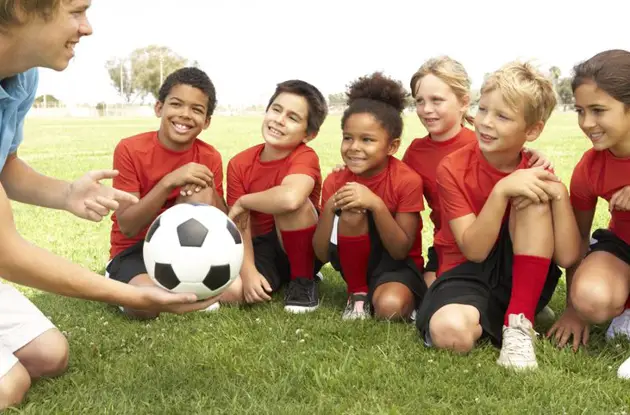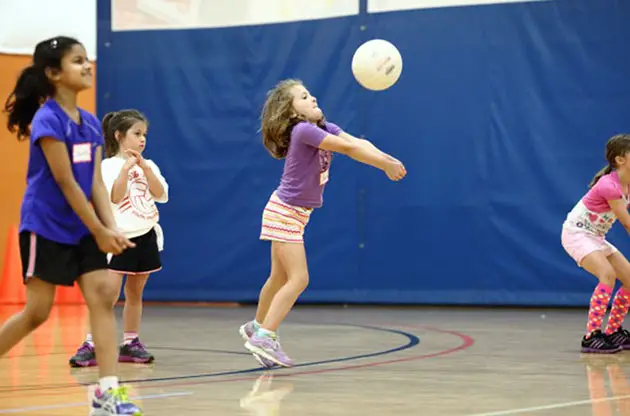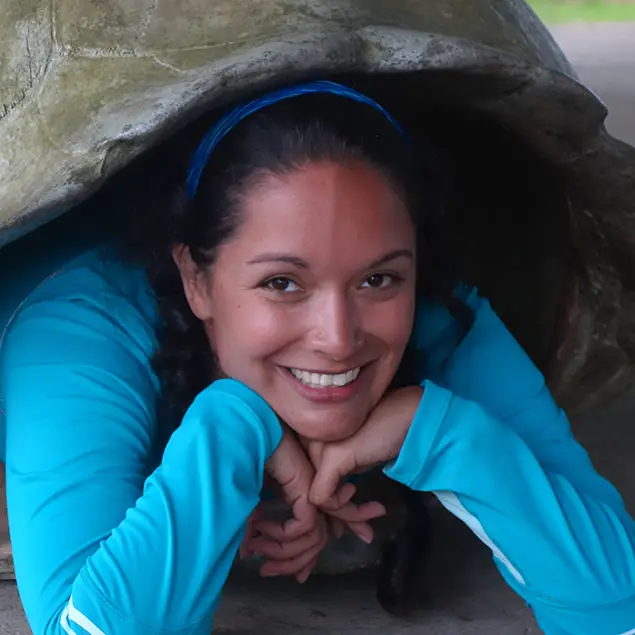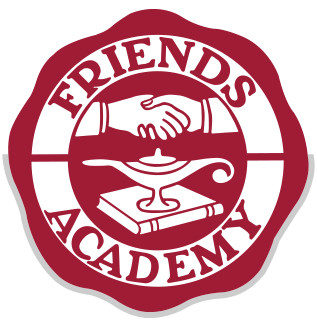Yoga Gives Kids Strength, Removes Stress, and Builds Confidence
Get kid-friendly activities sent to you!
Get the Best Kid-Friendly Activities
Sent to You Weekly!
“Yoga for special needs children helps re-establish harmony within the child and the family,” says Simon, who uses therapy to help children with ADHD, developmental disabilities, autism, physical limitations, excessive aggression, and depression. “Very often children’s difficulties or limitations are manifest in their behavior and in their bodily expressions.”
Parents must make sure that their child’s instructor is certified to work with their children. Unlike adult instructors, certified kids’ yoga instructors are trained to add an element of fun to their classes through stories, songs, games, and imagination. Most teachers have heightened levels of compassion, steadiness, and playfulness. Many teachers also use different names that focus on animals or child-friendly terms to help children stay engaged with the practice.
More importantly, if children have special needs, parents must make sure that teachers have advanced training. Parents should ask about the instructor’s experience in working with children and their level of comfort with various conditions.
Bringing the Zen Home
Once children start practicing yoga, parents who haven’t participated can still get involved in the classes. There are DVDs and online resources for parents who want to help their children practice at home.
“Parents can take yoga themselves to reduce one’s own stress levels,” Oledzka says. “As parents become calmer and less stressed, they are more able to see what will help their child.”
Parents can work through several easier positions with their children, too, Petralla recommends. Children can easily learn poses such as tree, where they stand on one foot and bend the opposite leg until the sole of the foot meets with the opposite inner thigh. The pose helps build balance and coordination. In butterfly position, children sit on the ground, bend both knees and bring the soles of their feet together to stretch the legs and spine. Cat-cow, which allows you to arch your spine toward the sky while on your hands and knees, strengthens the spine and abdominals. Downward-facing dog, cobra, and child’s pose are also top choices to stretch the legs, spine, chest, lower back, and shoulders.
“Yoga is about enjoying whatever your body can do with peace and curiosity, and challenging yourself to do just a little more, without force,” Simon says. “Each student is unique and there are no ‘best’ positions for kids, other than the ones they love to do or have fun being challenged by.”
To learn about yoga poses you and your child can do in the comfort of your own home, visit nymetroparents.com/poses.









